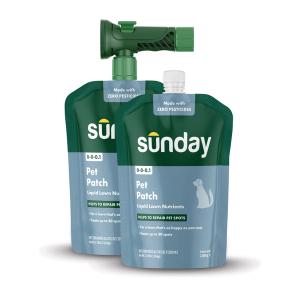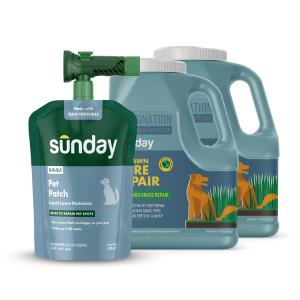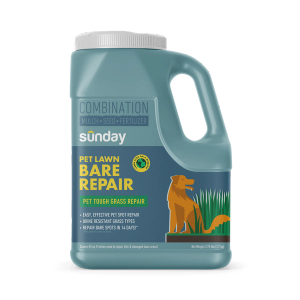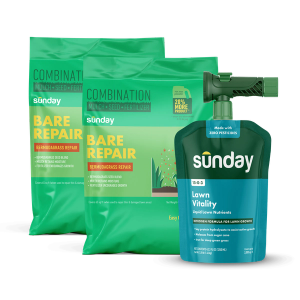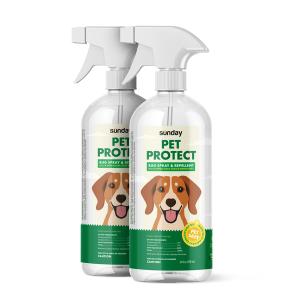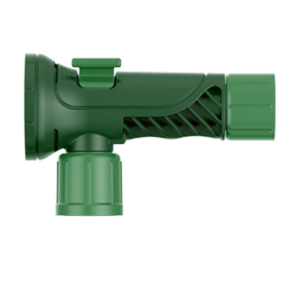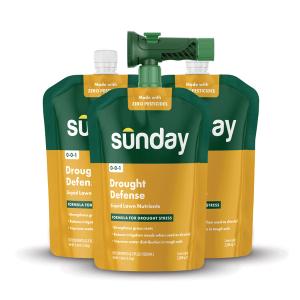What is snow mold?
Snow mold is a type of lawn fungus that causes circular, straw-colored patches in lawns after snow melt or wet winter. Other than their appearance, gray and pink snow mold are nearly identical in how to prevent and get rid of.
Pink snow mold: Large grayish white to pink patches; can be small or up to several feet in diameter. The grass blades within the patches will be collapsed and matted.
Gray snow mold: Same as above, but gray instead of pink. Gray snow mold may have tiny round dark spheres called "sclerotia."
What causes snow mold?
Susceptible grass species
All cool-season grasses, especially prevalent in bentgrass. Can sometimes occur in dormant warm-season grasses.
Favorable conditions
Typically occurs when temperatures are between 32–45 degrees Fahrenheit with persistent snow cover. Temperatures just above freezing and high humidity promote snow mold disease development.
How to prevent and get rid of snow mold
- Avoid heavy fall fertilization, especially with water-soluble nitrogen.
- Mow in the fall up until the turf enters dormancy.
- Maintain a soil pH of 7.0 or less.
- Reduce soil compaction and avoid compacting snow where snow mold damage has previously occurred.
- Remove snow and improve drainage in susceptible areas.
- In the spring, rake and fertilize damaged areas, which will stimulate turf regrowth.
- Melt snow with darkening agents such as compost.
How to treat snow mold
While primarily used for weed control, our Dandelion Doom herbicide is an effective way to treat both snow molds. The fungi doesn't like excessive amounts of iron, the key ingredient in Dandelion Doom.
Cited sources
Snow Mold. Iowa State University Extension.
Snow Mold on Turfgrass. USU Extension.
Photo credits: William M. Brown Jr., Bugwood.org







